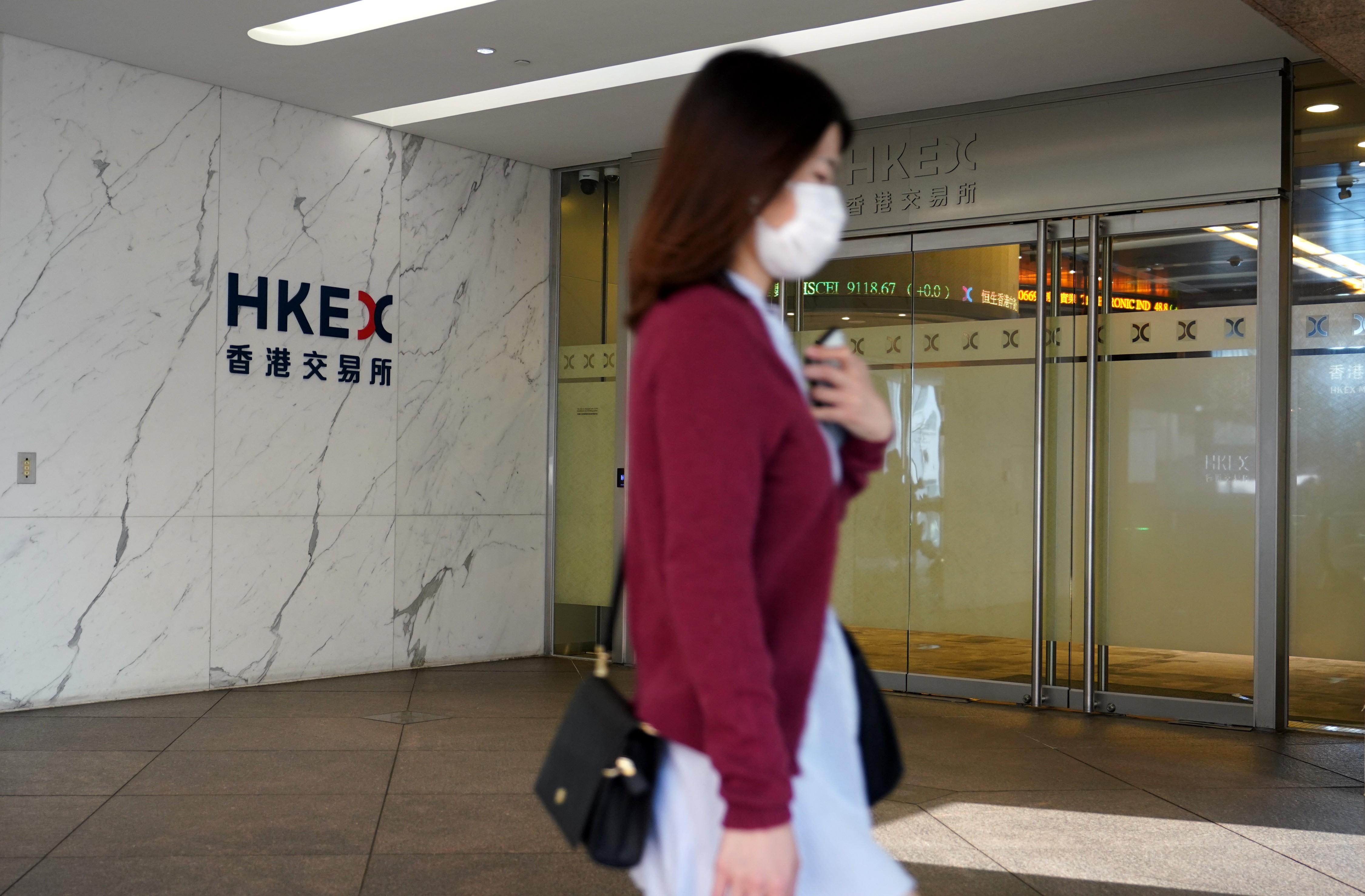
SINGAPORE — Stocks in major Asia-Pacific markets traded lower on Thursday as investors react to overnight developments from the U.S. Federal Reserve.
Hong Kong’s Hang Seng index led losses among the region’s major markets as it fell 1.61% by the afternoon.
Mainland Chinese stocks were also lower, with the Shanghai composite down 0.99% while the Shenzhen component declined 0.969%.
South Korea’s Kospi shed 1.24%. Shares of LG Chem dropped about 6% following reports that the chemical firm is spinning off its battery business. Local news agency Yonhap, citing a regulatory filing by the firm, reported that the spinoff is scheduled on Dec. 1.
Japan’s Nikkei 225 slipped 0.64% while the Topix index dipped 0.39%.
In Australia, the S&P/ASX 200 traded 1.11% lower. The moves came as data showed seasonally adjusted employment in Australia increasing by 111,000 people between July and August — according to the country’s Bureau of Statistics. That compared against expectations of a 50,000 decline in a Reuters poll.
Meanwhile, the Straits Times index in Singapore shed its earlier gains as it declined 0.14%. Official data showed Thursday that August non-oil domestic exports rose 7.7% year-on-year. That was higher than expectations of a 3.7% increase for August in a Reuters poll.
Overall, the MSCI Asia ex-Japan index shed 1.2%.
Central bank developments
Investor reaction was watched, as members of the U.S. central bank’s policymaking committee indicated the overnight rate could stay close to zero for years to reach its 2% inflation target.
“With regard to interest rates, we now indicate that we expect it will be appropriate to maintain the current zero to 0.25% target range for the federal funds rates until labor market conditions have reached levels consistent with the committee’s assessments of maximum employment and inflation has risen to 2% and is on track to moderately exceed 2% for some time,” said Fed Chairman Jerome Powell.
Meanwhile, the Bank of Japan (BoJ) kept monetary policy steady on Thursday. In its monetary policy statement, the BoJ said the Japanese economy has started to pick up but remained in “a severe situation” due to the impact of the coronavirus pandemic at home and abroad.
Oil prices fall
Oil prices slipped in the afternoon of Asian trading hours, with international benchmark Brent crude futures down 1.26% to $41.69 per barrel. U.S. crude futures fell 1.47% to $39.57 per barrel.
The U.S. dollar index, which tracks the greenback against a basket of its peers, sat at 93.517 after earlier touching a high of 93.592.
The Japanese yen traded at 105.06 per dollar following its strengthening yesterday from levels above 105.2 against the greenback. The Australian dollar changed hands at $0.7262 after seeing levels around $0.733 yesterday.
— CNBC’s Fred Imbert contributed to this report.
Source: CNBC
